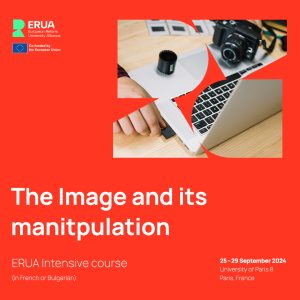Organizational unit: Department of Economics
Course type: Hybrid intensive course
The course “Portfolio Choice over the Life Cycle” consists of two parts:
1.) Theoretical part: In this part, the concept and relevance of portfolio choice and of life cycle models in general will be introduced. Furthermore, we will discuss research on how to choose optimal portfolios and which assets and accounts can be used for constructing a portfolio.
2.) Applied part: This part teaches practically applicable knowledge. We will discuss behavioral biases leading to suboptimal investment decisions of individuals. To circumvent these biases various easy-to-implement heuristics will be presented. The students will also be asked to construct their own portfolios and track their performance using a virtual trade simulator.
Form of examination: Grading is based on participation during the course (20%), exercises including their presentations (50%), and a report about trading experiences (30%). A passing grade in all respective parts is required to pass the course.
Course coordinators: Ms Marlene Koch
Course literature:
– Literature related to the course content is the following one:
Amromin, G. (2003). Household Portfolio Choices in Taxable and Tax-Deferred Accounts: Another Puzzle? Review of Finance, 7(3), 547–582.
Cocco, J. F., Gomes, F. J., & Maenhout, P. J. (2005). Consumption and Portfolio Choice over the Life Cycle. The Review of Financial Studies, 18(2), 491-533.
DeMiguel, V., Garlappi, L., & Uppal, R. (2009). Optimal Versus Naive Diversification: How Inefficient is the 1/N Portfolio Strategy? The Review of Financial Studies, 22(5), 1915-1953.
Fagereng, A., Gottlieb, C., & Guiso, L. (2017). Asset Market Participation and Portfolio Choice over the Life‐Cycle. Journal of Finance, 72(2), 705-750.
Grinblatt, M., Keloharju, M., & Linnainmaa, J. T. (2012). IQ, Trading Behavior, and Performance. Journal of Financial Economics, 104(2), 339-362.
Larsen, L. S., & Munk, C. The Design and Welfare Implications of Mandatory Pension Plans. Working Paper, available at https://papers.ssrn.com/sol3/papers.cfm?abstract_id=3415132
Note : In the course, the topics will be presented in a more intuitive way and there will be a stronger focus on applying the concepts in daily life than in the scientific papers.
Duration: 26.7. 2022 – 29.7. 2022





